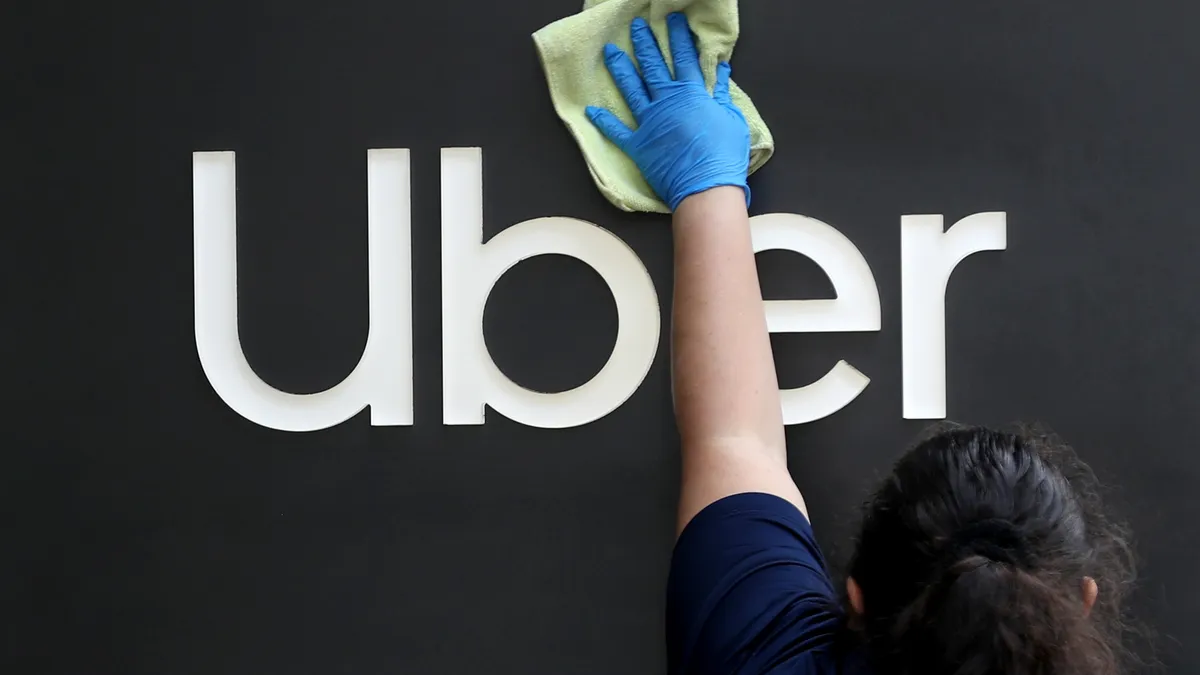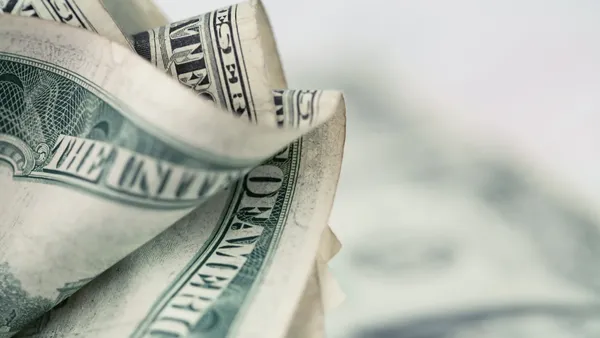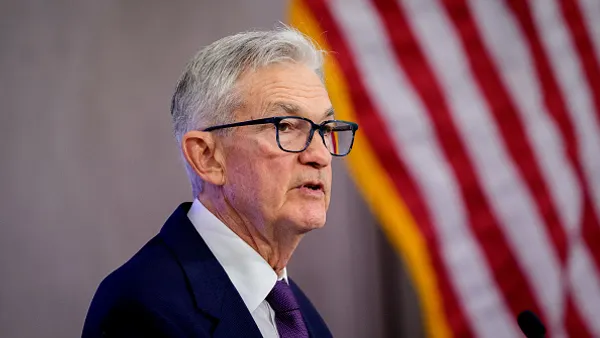Dive Brief:
-
Uber Technologies confirmed Tuesday that CFO Nelson Chai, who helped the company go public after taking the top finance seat in 2018, will be stepping down from the role and leaving the company on Jan. 5 of next year, according to a Securities and Exchange Commssion filing Tuesday.
-
The San Francisco, California-based ride-share company, which said the departure is not a result of any disagreements concerning financial disclosures or accounting matters, is conducting a search for his replacement, according to the filing.
-
Uber CEO Dara Khosrowshahi credited Chai for being “a huge part” of the company’s success in a statement included in the filing. “I have enormous gratitude for his leadership and partnership over the past five years and all he has done to establish a strong foundation for our path forward,” Khosrowshahi said in the statement.
Dive Insight:
A veteran of Merrill Lynch — where he served as CFO — and the CIT Group, Chai took the ride-sharing company’s finance seat about five years ago as the company marshaled forces for its coming initial pubic offering, only a year after Khosrowshahi was named CEO.
Chai, 57, received $12.28 million in total compensation last year, comprised of $800,000 in salary, $10.29 million in stock awards, $1.174 million in non-equity incentive plan compensation and $20,890 in other compensation, according to the company’s March proxy statement filing with the SEC. The year earlier his total compensation was $6.837 million, comprised of $800,000 in salary, $5.06 million in stock awards, $960,000 in no-equity incentive plan compensation and $11,427 in other compensation.
Back in 2018 Chai’s appointment was an especially essential hire for Uber, as its CFO seat had been sitting empty since 2015 with the departure of Brent Callinicos that year, according to a 2018 New York Times report.
The CIT alum led the company through its hotly-anticipated IPO, which occurred with a whimper rather than the expected bang; the ride-sharing behemoth ended its first day of trading after its IPO with shares down 7.6% — giving it a lower valuation at the time than its private $76 billion valuation, according to a 2019 report by CNBC.
Following its IPO, Uber struggled with a slump in ridership in the COVID-19 pandemic but Chai also helped to push the company towards its first-ever cash flow positive quarter as CFO, with an influx in driver signups leading Uber to report positive cash flow of $382 million in August 2022, CFO Dive previously reported.
Yesterday, Uber reported its first-ever quarterly operating profit as well as its first quarter of free cash flow over $1 billion for its second quarter ended June 30. The rideshare reported free cash flow of $1.1 billion, as well as a GAAP operating profit of $326 million, according to its earnings results.
The two “important milestones” mark “the significant transformation we've undergone towards profitable growth,” Khosrowshahi said during the company’s earnings call, with Chai noting Uber is “well-positioned to drive tremendous value for shareholders in the coming years” in a statement included in the release.
Despite reporting a 14% jump year-over-year in revenue to reach $9.2 billion for the quarter, the figure missed analysts’ expectations, with its shares trading down by 5% upon market’s close on Tuesday, CNBC reported.
Editor’s note: CFO Dive Reporter Grace Noto contributed to this story.














